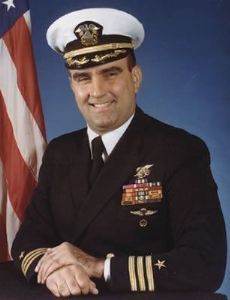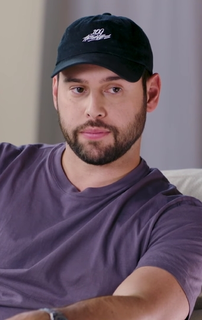A Quote by Carly Fiorina
To build a great company, which is a CEO's job, sometimes you have to stand up against conventional wisdom.
Related Quotes
I’ve never agreed with the conventional wisdom that ‘actors are great liars.’ If more people understood the acting process, the goals of good actors, the conventional wisdom would be ‘actors are terrible liars,’ because only bad actors lie on the job. The good ones hate fakery and avoid manufactured emotion at all costs. Any script is enough of a lie anyway. (What experience does any actor have with flying a spacecraft? Killing someone?) What’s called for, what actors are hired for, is to bring reality to the arbitrary.
You don't think, when you start a company as the founding CEO, that if your venture actually works, you end up with three jobs: founder, CEO, and chair of the board. The first eight years at Bonobos, I have learned a lot about the tension between the first two. It didn't even occur to me that I had the third job until much later.
I just like to build. Don't get me wrong: I think stand-up is great, and when someone like Richard Pryor or Steve Martin does stand-up, there's nothing better in the world. But I don't want to watch a lot of stand-ups for two hours. So I can do 45 minutes of stand-up and then say, 'Can we do something else now?'
Somebody asked me 'what's the job of a CEO', and there's a number of things a CEO does. What you mostly do is articulate the vision, develop the strategy, and you gotta hire people to fit the culture. If you do those three things, you basically have a company. And that company will hopefully be successful, if you have the right vision, the right strategy, and good people.
What's unique about the Mormon Church is that it encourages inquiry. I really do think my research and religion are all on the same page. I never could have come up with the notion of disruptive innovations, which went against a lot of conventional wisdom, if I hadn't been raised to always be asking questions.



































